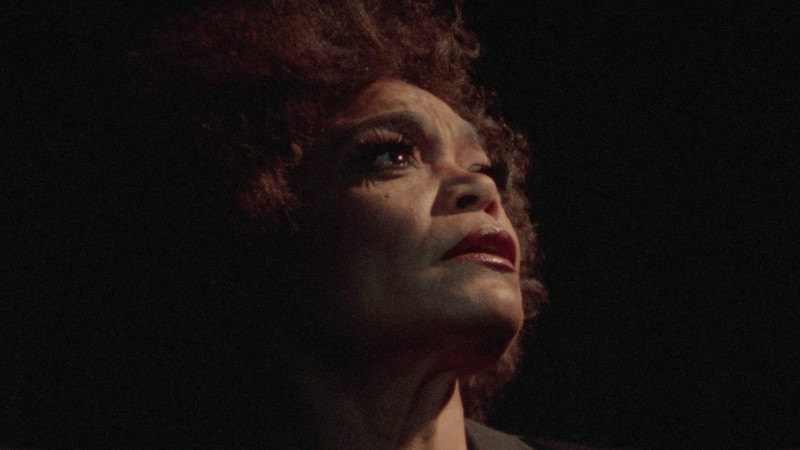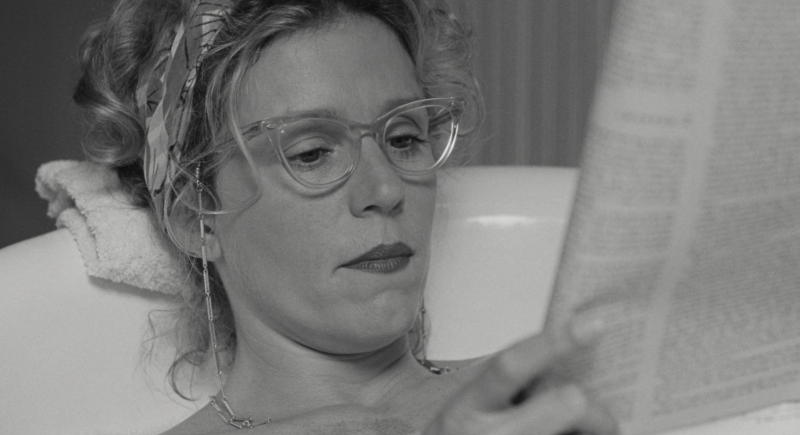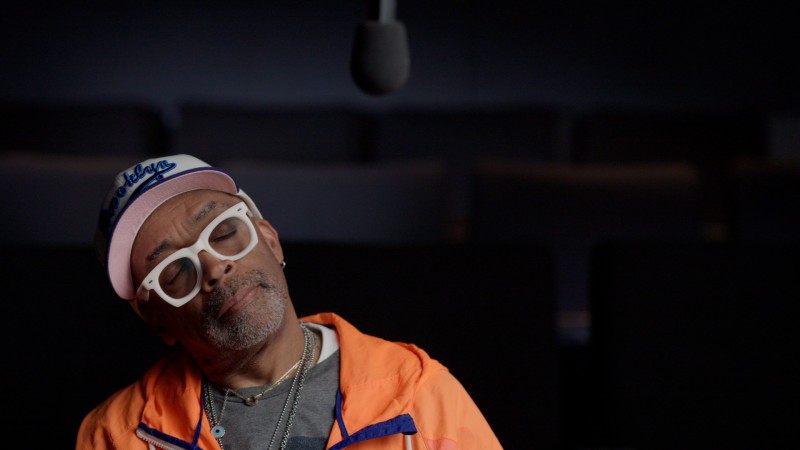Flickers of Passion: Celia Johnson in Brief Encounter

Celia Johnson was a bright, sensible, humorous British lady of her time who was devoted to her family and to the theater, in that order. Her filmography is small: only eleven theatrically released features, four of which were based on Noël Coward screenplays. Coward was known mainly for sophisticated comedy, but the four films he made with Johnson are all dramatic, and the most famous of them, David Lean’s Brief Encounter (1945), is melodramatic in that it leans very heavily on the thundering and cascading music of Rachmaninoff’s Piano Concerto No. 2 to express the characters’ repressed emotions.
Johnson’s Laura Jesson in Brief Encounter is a self-described “ordinary woman.” She has large and often staring eyes that always seem to be on the verge of giving her feelings away, and so every time that Johnson widens, lowers, or shifts them there is a great deal of suspense. Laura is a married woman with two young children, and she’s fallen in love with a married doctor named Alec (Trevor Howard), who also has two young children. Fans of Brief Encounter, like playwright Wendy Wasserstein, have long wondered whether Alec might not be a wolf who habitually seduces the women he meets. After all, we never actually see Alec’s wife or children, and the story is related as a flashback strictly from Laura’s point of view.
Johnson has to carry Brief Encounter both with her forlorn face and with her voice, which narrates throughout in a sometimes stream-of-consciousness style. She can be very funny, as when she quickly wishes her irritating and chatty acquaintance Dolly Messiter (Everley Gregg) dead and then instantly takes it back: “That was silly and unkind,” she thinks. Brief Encounter is rarely considered an amusing film, but both Coward and Johnson were noted for their senses of humor, and perhaps there is something funny about her love affair with Alec, even though it seems like the end of the world for Laura.
Laura’s husband, Fred (Cyril Raymond), is a solid, trusting, kindly sort of fellow, unexciting but steady—a husband, in short. And maybe something of a friend, for Laura says on the soundtrack that Fred is the only one wise enough to understand her dilemma, yet he is the only one she cannot tell. It becomes very obvious as Brief Encounter goes on that Laura is surrounded socially by catty, competitive, and unfriendly women and is always trying to avoid them. But Laura seems to like Myrtle Bagot (Joyce Carey), the working-class owner of the teashop where she first meets Alec. The film seems to be hinting that Laura might be happier if she were less trapped by her middle-class suburban milieu, and this is particularly evident in the way Johnson smiles when she sees stationmaster Albert Godby (Stanley Holloway) give Myrtle a good-natured smack on the hind end.
The worrying thing about the way that Johnson plays Laura is that sometimes her eyes will widen until they look so strained that she seems to be on the verge of mental collapse. Even more worryingly, her eyes tend to finally shut down and stare inward in a way that looks like the start of clinical depression. The second time they meet, Alec insists on calling Laura “sane and uncomplicated,” but then he flatters her by saying she can “never be dull.” There’s something off about both what he says and the way he says it. It feels as if he is moving in on his prey. Perhaps Laura isn’t as sane as all that.
Johnson was only thirty-six when she made Brief Encounter, but she looks older, frayed around the edges. Howard was thirty-one, and Johnson wrote to her husband, Peter Fleming, that she felt motherly toward her costar. She also indicated in these letters that she found Howard rather stupid or thick, and perhaps that informs the way that Laura looks at Alec. Howard couldn’t understand why Laura and Alec don’t just sleep together when they go back to an apartment that Alec has borrowed from an unpleasant male acquaintance of his own. Alec does seem to want sex, whereas Laura’s feeling for him is much more mental than physical.
Johnson’s only other really notable feature film role after 1950 was as the formidable headmistress in The Prime of Miss Jean Brodie (1969), where she is unrecognizable with her gray hair and glasses and steely attitude. She worked again with Howard in a TV movie called Staying On (1980), and this is a real find for Brief Encounter addicts because they play an old couple who have lived out their years in India. While watching Staying On, it is easy to fantasize that this is an elderly Laura and Alec who have somehow managed to go off together, which is unthinkable in the contained world of Brief Encounter. For Brief Encounter is finally a deliriously and seductively sick movie about luxuriating in being blocked and defeated by forbidden love.
Johnson plays her key scene in Brief Encounter by lowering those hypnotic eyes of hers under heavy lids. Laura and Alec are sitting in the teashop, and she encourages him to talk about his work. Johnson shows us the exact moment when Laura falls in love with Alec, which occurs when he is speaking of “fibrosis of the lungs.” Love begins to happen just behind her eyes, which flicker slightly as the camera moves in gently on her face. “You suddenly look much younger, almost like a little boy,” she tells Alec, and we can see that Laura’s love is partly a mother’s love for a child.
Johnson was mothering her first child and also the children of her widowed sister and her widowed sister-in-law during World War II, and so this line is her entrance into the role for which she is remembered. Whatever “falling in love” is, Johnson does it full out for this brief scene in a way that no one else ever had before or has since. It is still an event, and still mysterious.




